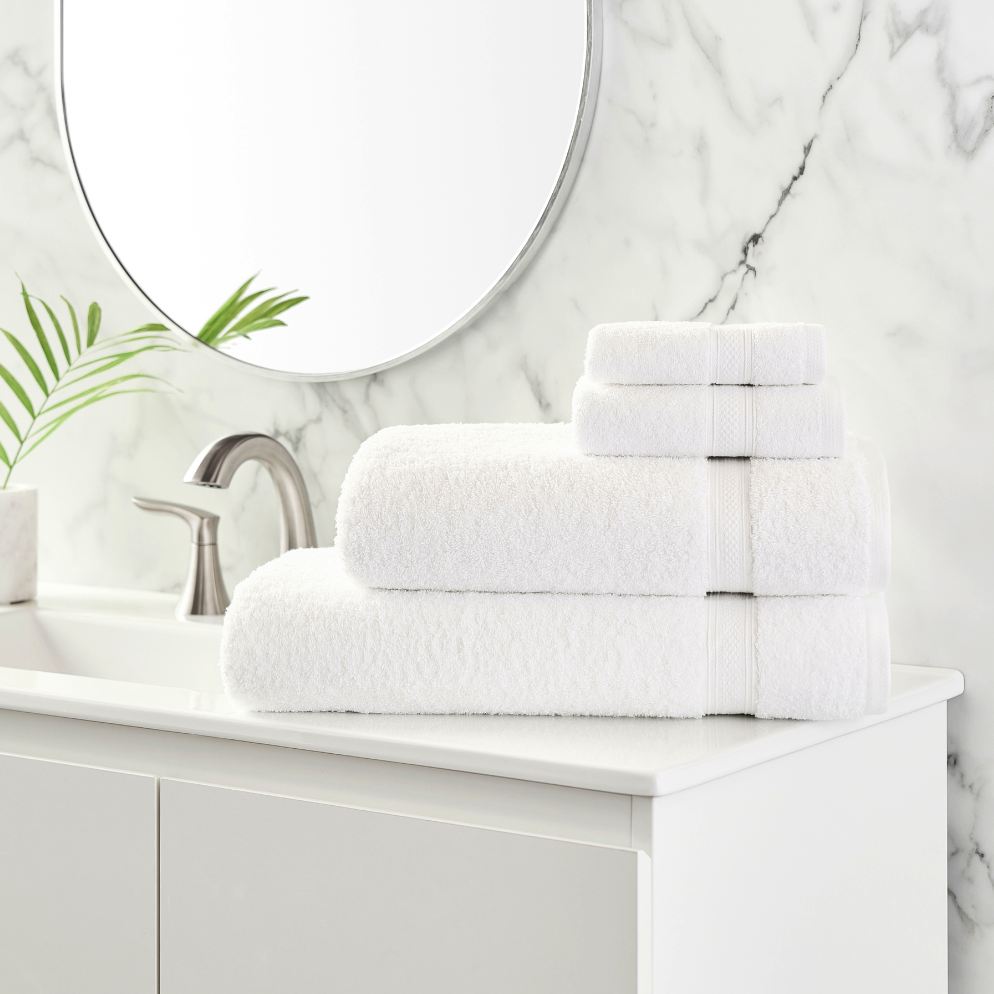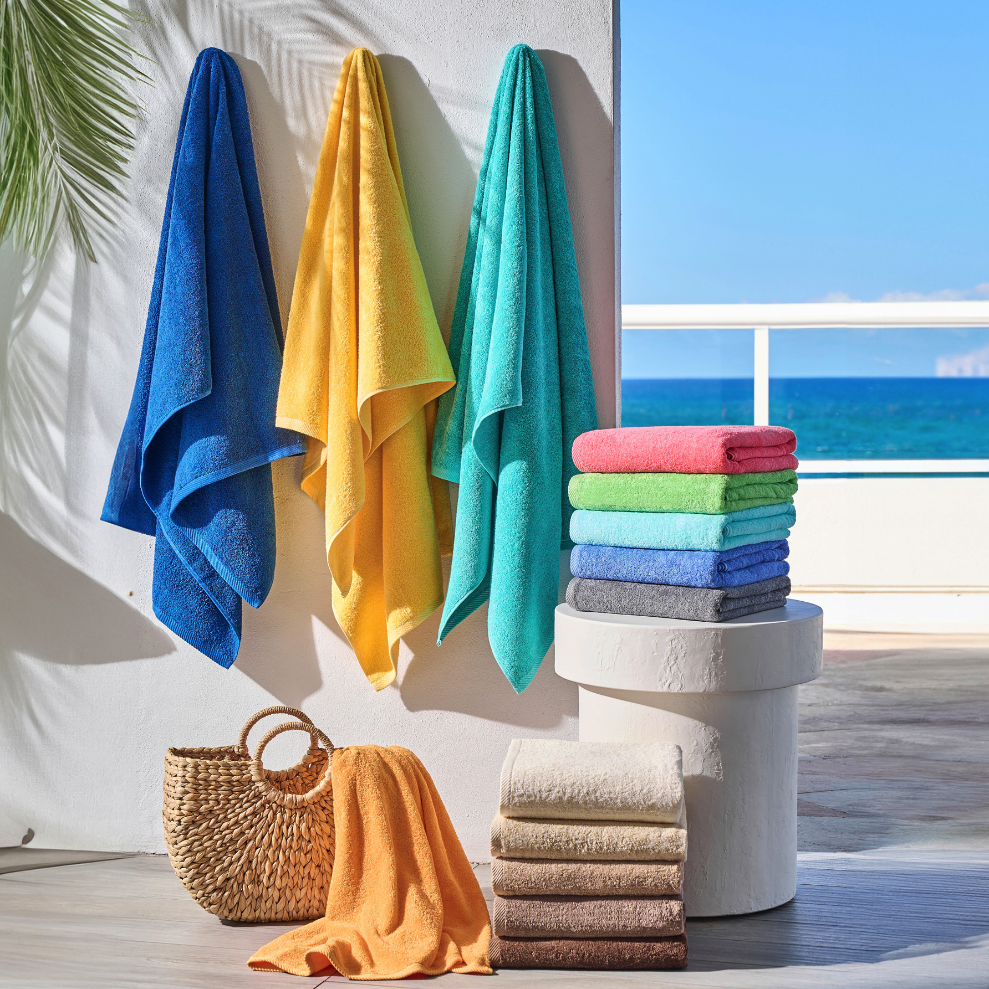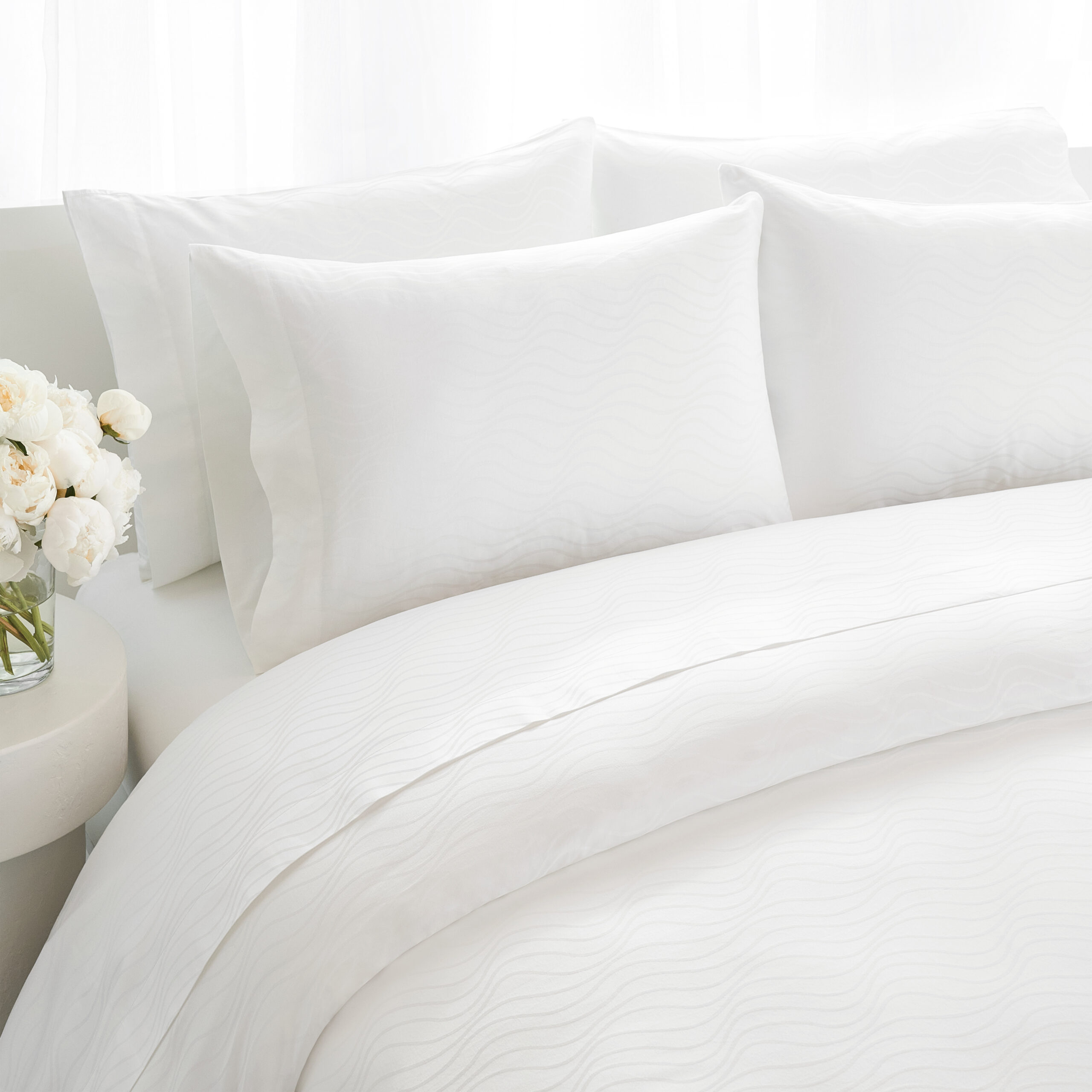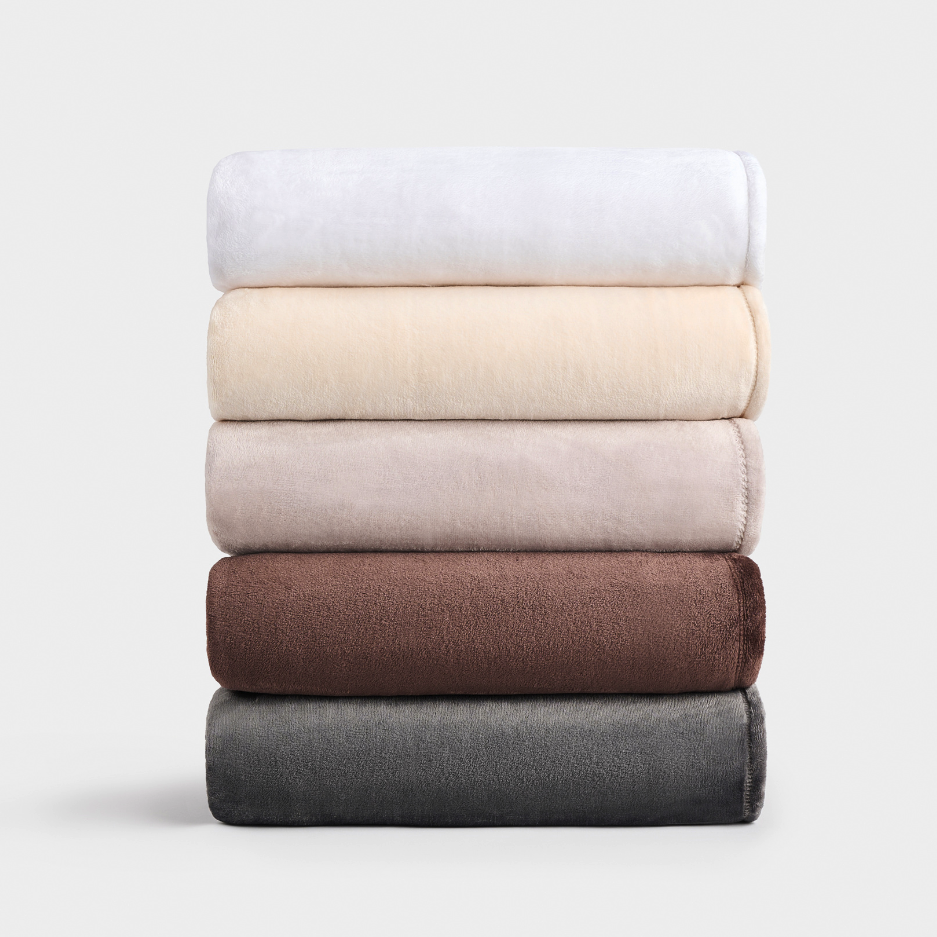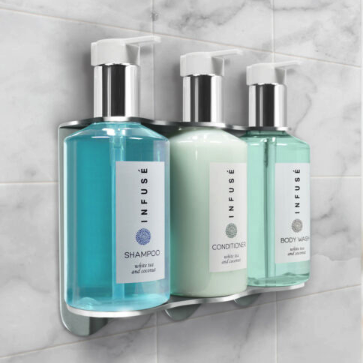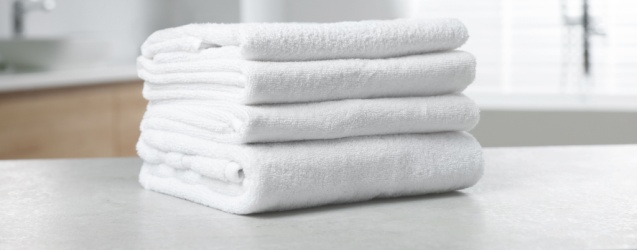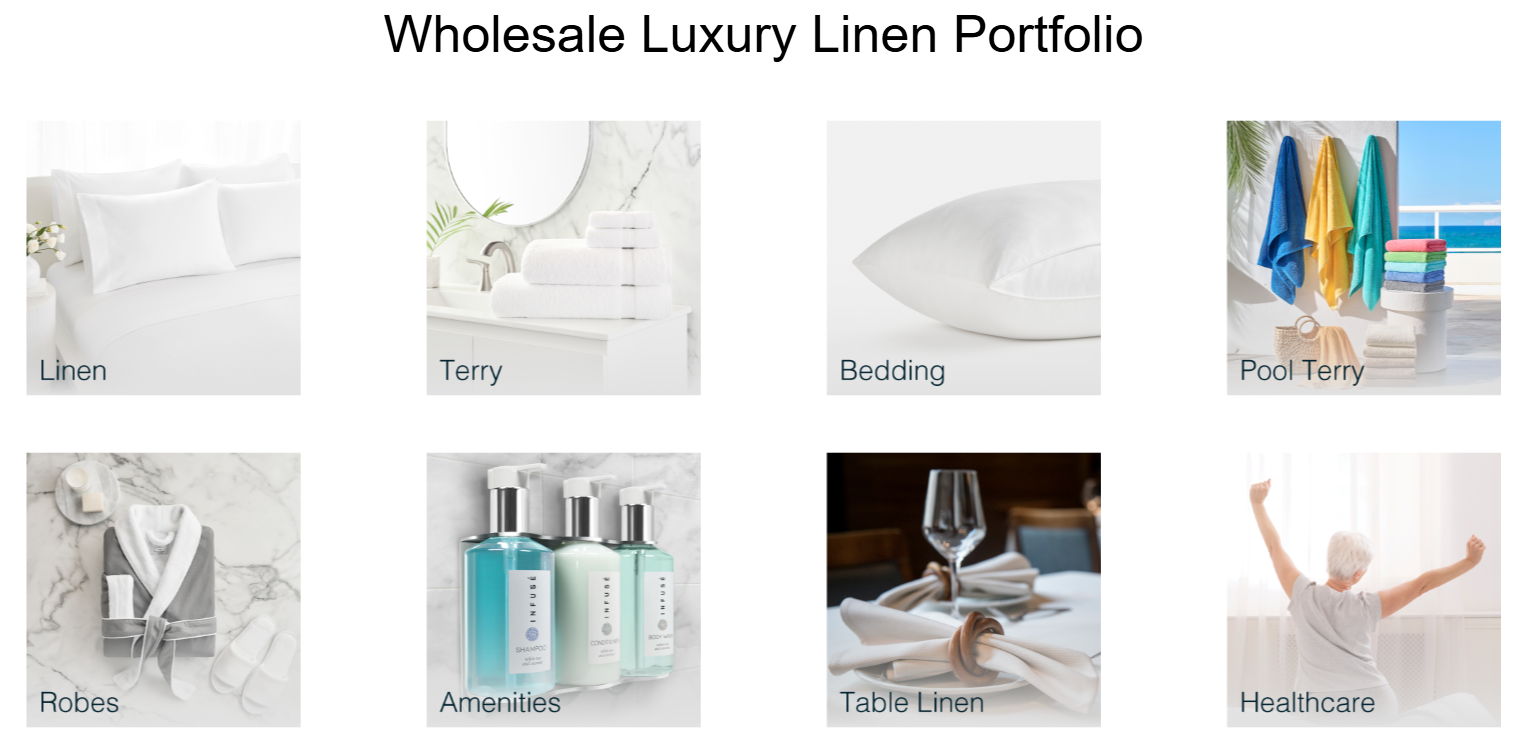Home / Commercial Laundry / Sustainability Trends In The Hospitality Industry: Ways To Make A Difference & Give Guests What They Want
Sustainability Trends In The Hospitality Industry: Ways To Make A Difference & Give Guests What They Want
The word “sustainability” is often used in connection with environmental protection policies; but what does it really mean for hospitality businesses?
A “sustainable” practice is one that does not damage or deplete the environment in either the short or long term; it can be sustained indefinitely without ultimately causing the demise of the system which employs it. With the current public awareness of how close our planet is to the point of no return, every business should be actively seeking opportunities to operate in a more eco-friendly manner.
Sustainability is in our best interest not just because we can help give our own grandchildren a livable planet, but because customers make buying choices based on it. Indeed, surveys show that 78% of U.S. consumers and 84% of global consumers prefer to buy responsibly produced items whenever possible.
For the hospitality business, being able to advertise its sustainability efforts to potential guests can bring a competitive edge in a tight travel market. Following are the most important areas of a hospitality business where eco-friendly processes can be applied.
Energy & Water Conservation

This is the first place to look because it also results in significant savings in operational costs. Investments in Energy Star certified appliances, automated energy management systems, retrofitting the building for energy efficiency and so on, typically pay for themselves in less than three years and generate energy savings of 5% to 15%.
Improvements to the physical structure’s energy efficiency could include:
Insulation upgrade
LED lights
Thermal blocking windows and curtains
Heat recovery ventilation system
Water use is also open to reductions through responsible choices of equipment and procedures. Some of these are already fairly standard in the hotel industry, including:
Low-flow showerheads, faucets and other fixtures
Bed linen and towel reuse unless the guest specifically requests a change (these programs have become even more prevalent as a response to the coronavirus pandemic)
Linens And Terry That Save Energy/water
Even choosing the right sheets and towels can make a difference to the hotel’s utility bills. Although guests will tell you they prefer 100% cotton, the reality is that they can hardly ever tell the difference between it and a polyester/cotton blend. Polyester dries faster than cotton, saving both time and electricity in the laundry.
T-Y Group & Harbor Linen offer several polyester and polyester blend products. An additional advantage is their longer life; with fewer replacements needed, the environmental damages caused by manufacturing, shipping and disposing in landfills are also reduced.

Cotton/polyester sheet collection
Microfiber (100% polyester) sheet collection
Dry IQ towels with 100% cotton loops and cotton/polyester ground
Manufacturing Effects On The Environment
The products hotel guests use may come with a high price tag in terms of the consumption or destruction of natural resources necessary to make them. These damages range from water and air pollution to deforestation and the inclusion of toxic chemicals in the product.
At T-Y Group & Harbor Linen, most of our manufacturers hold environmental management certificates — such as ISO14001 — which guarantee their adherence to sustainability principles such as:
Protecting groundwater reserves through recycling and removing chemicals before water is released back into the environment.
Reducing energy consumption with heat recycling, renewable energy sources and eco-friendly temperature control
Eliminating plastic waste by packaging products in bio-degradable polybags
The combined effects on the environment by our manufacturers are significant:
8 million gallons of water treated per day before release into the environment
62 million gallons of water recycled per year
Greenhouse gas emissions reduced by more than 8,000 tons per year
More than 14 acres of new forest planted every year

Our American-grown cotton program features cotton ethically raised on family farms here in the U.S. Their advanced conservation techniques improve on standard growing practices by reducing:
Items made of bamboo offer exceptional sustainability benefits. Bamboo is a fast-growing natural resource which effectively replaces wood in everything from cutting boards to sheets, towels and furniture, thus allowing the preservation of timber forests. In addition, unlike nearly every other commercial crop today, it does not require the application of chemical pesticides, herbicides or fertilizers to survive.
1Concier even offers towels that incorporate rayon made of bamboo, popular for their silky hand and outstanding durability:
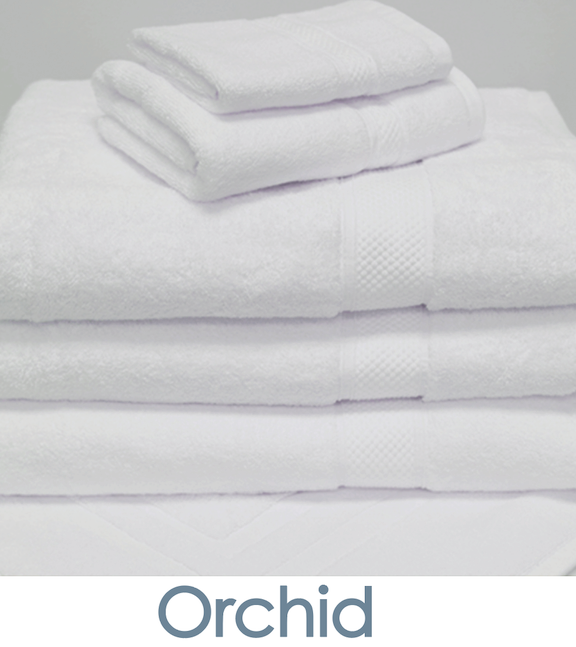
Even small items can contribute to a more eco-friendly hospitality business. In-room amenities are a prime opportunity to display the hotel’s sustainability commitment to guests. Among our collections are:
Plastic key cards (made from PVC in an extremely toxic manufacturing process) can be replaced by paper, wood or bioplastic cards that are just as strong and resilient.
Recyling & Waste Reduction
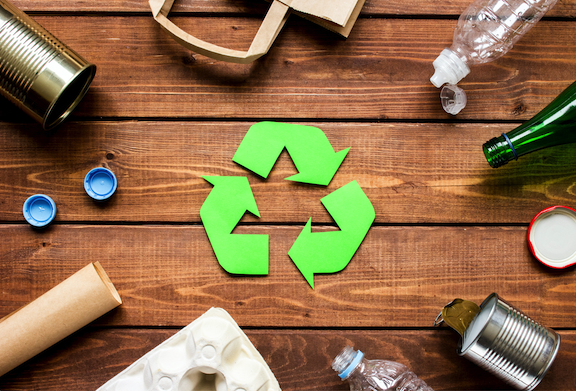
One look at the mountainous landfills surrounding every town and city in the world will tell you that our throw-away culture is not sustainable. Basic recycling programs for disposable paper, plastic and metal are probably already established at most hotels.
However, there may be more that can be done in the composting of food waste; studies have shown that this program alone can divert 40% to 50% of waste from landfills.
Single-use plastics are much in the public eye at the moment. Plenty of alternatives are now available, from stainless steel straws to filtered water dispensers instead of bottled water.
T-Y Group & Harbor Linen also uses post-consumer and post-industrial recycled paper packaging whenever it’s available.
Transportation Costs To The Ecosystem

Fossil fuel consumption impacts the environment in many ways, from the oil well to the petroleum refinery to the exhaust coming out of a truck’s tailpipe. This awareness is one of the driving forces behind the “buy local” movement.
For the hotel’s food services, this means sourcing ingredients close to home. This concept can be taken a step further into healthy, organic menus which are very popular with 21st century travelers.
Other supply chains should be examined as well. At T-Y Group & Harbor Linen, we have shortened our shipping routes to minimize fuel consumption. We also use bale packaging which is 83% lighter than cardboard. Lighter weight in the delivery truck reduces fuel waste, not to mention wear and tear on our highways.
We Can Help You Choose Sustainable Products

Water and energy consumption, manufacturing ethics and supply chains all need to be considered when choosing your guest room linens, terry, amenities and other products. Our T-Y Group & Harbor Linen experts are always ready to help you make the right decisions for your business. We’re the hospitality industry’s one-stop shop for the guest room and beyond.
Table of Contents
Join the 1C Family as your Trusted Luxury Linen Provider
Featured Products
Choose from 14 Luxury Hotel Towel and Pool Towel Collections. We offer 100% Cotton, Cotton-Polyester blend, Pima, and Bamboo. From quick-drying absorbent towels to intricate borders and weaves, we have the right towel collection for you!
We offer a wide selection of luxury hotel sheets, bedding, blankets, and pillows in various qualities to suit your specific needs. Whether you’re looking for premium cotton sheets, soft and durable blankets, or plush pillows, we have options that ensure both comfort and elegance for your guests.
Our premium bathrobes can be found and many luxury hotels and spas, adding a touch of elegance and comfort to your guest experience. We also offer a range of guest room amenities.

